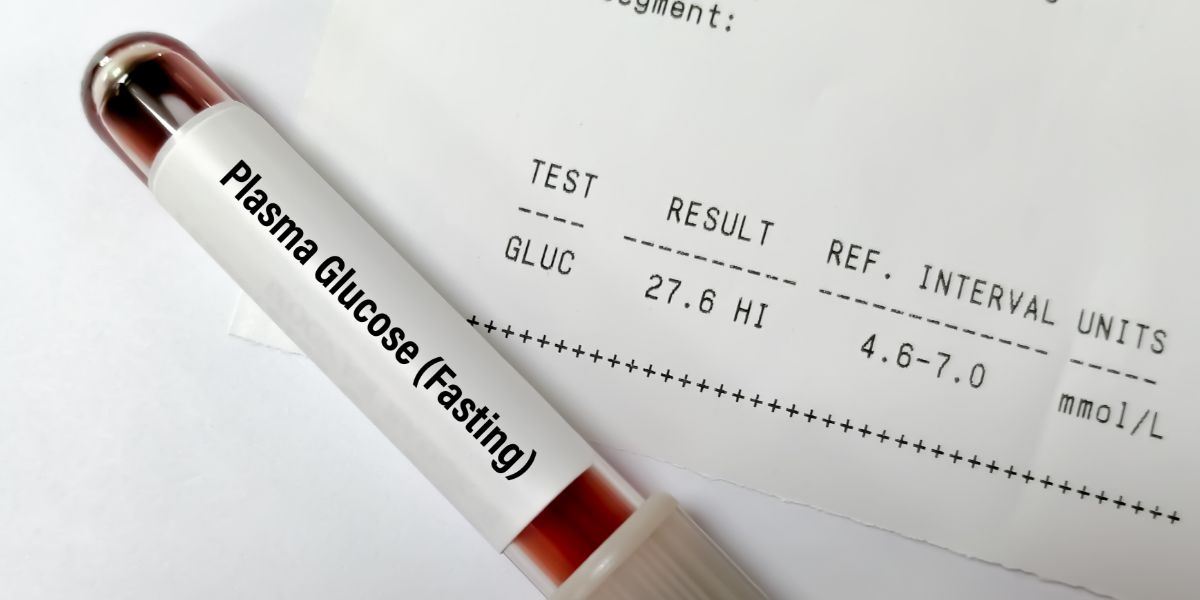Not everyone with diabetes requires specific caring for but certain people, notably the young and old may need help and support with managing their diabetes.
Caring for a child with diabetes
Children with diabetes will usually have type 1 diabetes which requires regular insulin injections.
It is important that injections are taken at the right time, that the correct dose is given and the correct amount of carbohydrate is taken at appropriate times of day.
The child’s parents will be able to advise on these matters.
Note that some activities, such as exercise may have an impact on blood sugar levels. Any prolonged period of activity will tend to lower blood sugar levels.
Periods of illness or stress may raise blood sugar levels. It is therefore important to recognise any symptoms of high and low blood sugar levels
Some children may be comfortable managing their own diabetes, however, it is recommended to be aware of the symptoms of low and high sugar levels and to ensure that they do not miss a scheduled meal or dose.
- For more detailed information on looking after a child with diabetes, see our section on diabetes and parenting
Caring for a partner with diabetes
If your partner had diabetes, it is well worth building an understanding of your partner’s condition.
By understanding diabetes, you can put yourself in a better position to offer appropriate support.
Diabetes is a complicated and all encompassing illness and many people with diabetes will value the chance to share issues around their diabetes with their partners.
- Read more on caring for a partner with diabetes
Caring for an elderly person with diabetes
Whilst some elderly people have exceptional diabetes control, age can make some aspects of diabetes management more difficult.
The presence of other conditions, including neuropathy (nerve damage), retinopathy (retinal damage), arthritis or Alzheimer’s disease, will likely require extra care and support to enable them to manage their diabetes.
Elderly people may be less able to recognise high or low blood sugar symptoms and so it is important to be able to recognise these symptoms.
Hypos and emergencies
It’s important to be able to recognise when someone with diabetes needs help such as if their blood sugar levels become too high or too low.
Low blood glucose levels (hypoglycemia) can be disorientating and dangerous particularly if someone is on insulin or tablets such as sulfonylureas or post prandial glucose regulators.
Read about the symptoms and how to treat hypoglycemia
Consistently high blood glucose levels can become dangerous in the long term and very high blood glucose levels can also become immediately dangerous.
For people with type 1 diabetes, blood glucose levels of over 15 mmol/l can become dangerous if accompanied by high levels of ketones, as this can lead to ketoacidosis Blood sugar levels of over 30 mmol/l in type 2 diabetes can lead to a dangerous condition known as Hyperosmolar Hyperglycaemic State
Looking after medication and sharps
Any medication that needs to be injected needs to be kept at an appropriate temperature. Spare insulin and incretin mimetics (including Byetta, Victoza and Bydureon) should be kept in a fridge. It is important that they do not freeze.
Medication in use can be stored at room temperature but should not be frozen or exposed to high temperatures (over 30 degrees Celcius).
People with diabetes may need to carry out blood tests and inject, which therefore involves sharp components.
Be very careful if handling sharps. Sharps should be disposed of in a sharps container.
A strong sealed container can be used in the short term if a specific sharps container is not available.
- Read more about sharps disposal
Mood swings
High and low blood sugar levels may sometimes lead to mood swings. Low blood glucose levels, in particular are notable for increased emotional responses as low sugar levels can reduce inhibitions.
This can be expressed as irrational anxiety, irritability, silliness or anger.
High blood sugar levels can be uncomfortable and can cause fatigue which can be reflected by mood. Irritability or being short tempered may therefore result from higher than normal blood glucose levels.





